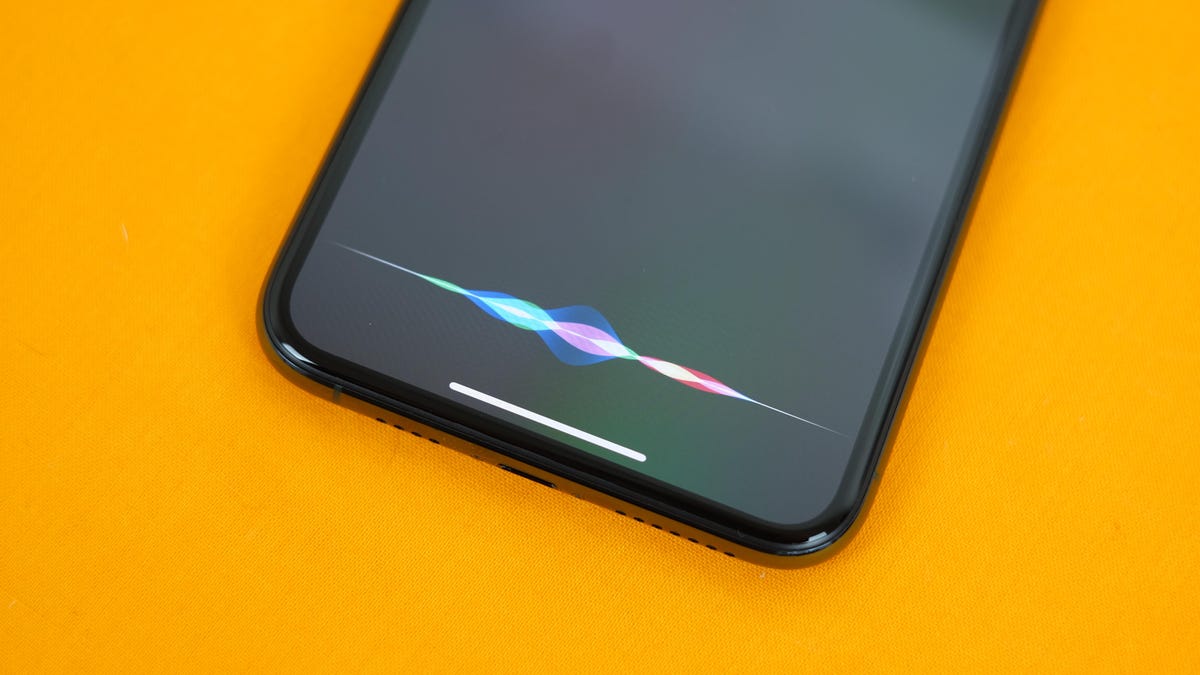Apple hit with $1.4B Siri patent lawsuit from Chinese company
The lawsuit, alleging patent infringement, could have an impact on whether Apple can sell its products in China.

Apple is being sued over its Siri voice assistant technology.
A Chinese AI company on Monday hit Apple with a massive lawsuit over purported patent infringement. The company, known both as Shanghai Zhizhen Intelligent Network Technology and as Xiao-i, is suing Apple for 10 billion yuan ($1.43 billion) over Siri , Apple's voice assistant technology, which Xiao-i claims infringes upon a patent it applied for in 2004 and was granted in 2009.
In a social media post, first reported by Reuters, the company said it's asking Apple "to stop patent infringement on its smart assistant product Siri, including but not limited to stopping the manufacturing, using, promising to sell, selling and importing products."
Apple said it's looking forward to defending its software in court.
"This case has been going on for 8 years," an Apple spokesperson said. "Siri does not contain features included in their patent, which relates to games and instant messaging, and we are disappointed Xiao i Robot has filed another lawsuit. Independent appraisers certified by the Supreme People's Court have also concluded that Apple does not infringe Xiao I Robot's technology."
This lawsuit isn't the first run-in the two companies have over this particular patent. Xiao-i originally lodged its complaint in 2012, but Apple filed a request to have the patent invalidated. The discussion over whether the patent is valid has continued for eight years, but last month China's Supreme People's Court ruled in Xiao-i's favor, reversing a previous decision reached by Beijing High Court.
Xiao-i is using this latest decision as fuel to renew its original patent infringement claim. The company, which specializes in natural language processing, said it filed the formal lawsuit with Shanghai High People's Court.
Apple didn't immediately respond to request for comment.
See also: This Siri app can unlock your iPhone's secret powers. 10 best shortcuts and how they work

